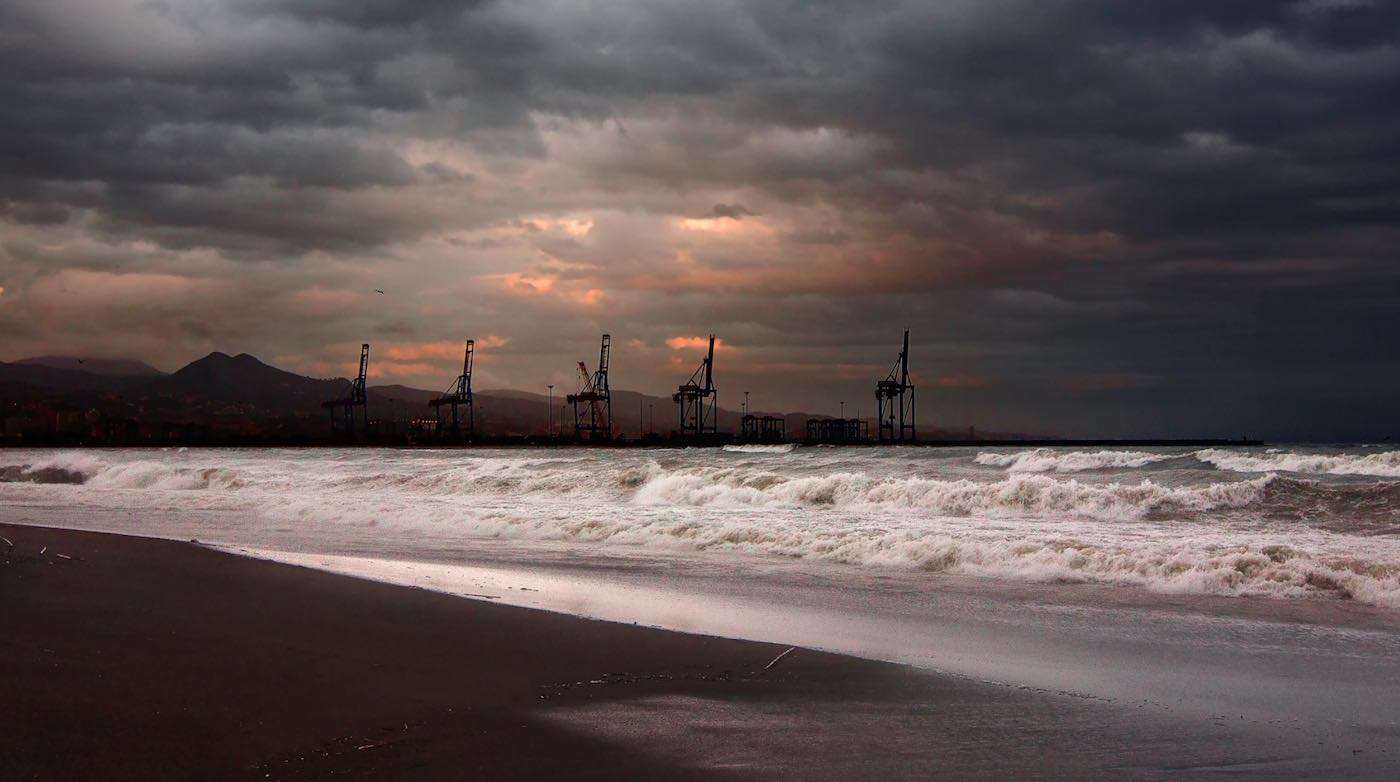10 Positive COVID Updates From Around the World - 2021 is Looking Brighter
These are just a few of the heartening headlines on the world's response to the COVID-19 pandemic, from the Alaska to the UK to New Zealand.

Four Nigerian famers have won a 13-year legal battle against Shell Oil after a spill allegedly contaminated their lands.
The David vs Goliath story went all the way from the rural Niger Delta to The Hague Court of Appeal, resulting in the farmers being compensated, with further mandates for both safety and cleanup being pressed upon parent company Royal Dutch Shell.
It was on Friday that the Netherlands ruled in favor of farmers from the Goi and Oruma communities, rejecting Shell Nigeria's claim that oil spills in the area were the result of sabotage.
Nigerian law requires claims of sabotage to be proved with evidence beyond any reasonable doubt, something which the defenders could not do.
"Finally, there is some justice for the Nigerian people suffering the consequences of Shell's oil," said Eric Dooh, one of the complainants in a statement from Friends of Earth Netherlands, a grassroots organization that took on the case as a major rallying call.
"It is a long time victory that we have been dreaming of. It is not only a victory for me, it is a victory for the entire Niger Delta region, the Ogoni people, the civil society organizations. It is a victory for me and my family. It is a victory for humanity," he added.
A decade had passed before the case began to make real headway after The Hague Court of Appeal ruled that it had jurisdiction over the case in 2015 (Shell's headquarters are based in the Netherlands).
"This is fantastic news for the environment and people living in developing countries," said Friends of the Earth's Netherlands head, Donald Pols. "It means people in developing countries can take on the multinationals who do them harm."
Along with arbitrating a settlement, the court found that Shell Nigeria lacked any kind of leak detection system in the pipelines and wells in and around the Goi and Oruma communities, and that state-of-the-art systems must be installed, or risk a â¬100,000 per day ($121,000 per day) fine.
Furthermore, a local cleanup operation was found to be insufficient, and it was ruled that Shell must conduct a much more thorough cleaning of the oil from the waters and farmland.
This wasn't the only court case won by locals in developing countries over the last 12 months. A succession of legal victories for Indigenous groups, both in Panama and Brazil, transferred approximately 250,000 hectares-more than half a million acres of rainforest from state ownership, under which illegal logging thrived, to tribal communities.
Featured image: Quino Al
SHARE the Groundbreaking Legal Win on Social Media…
Be the first to comment